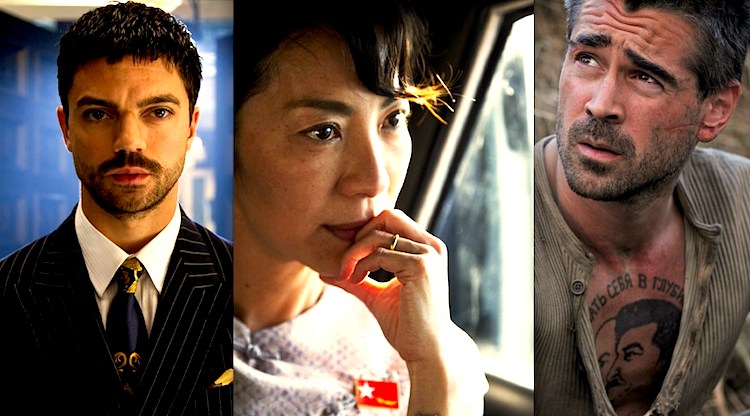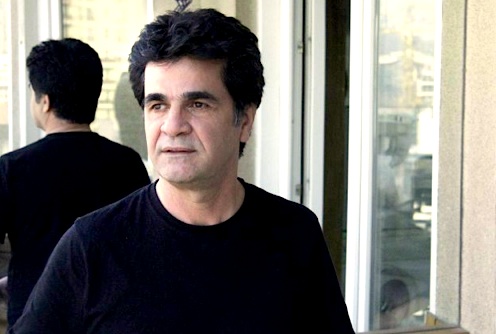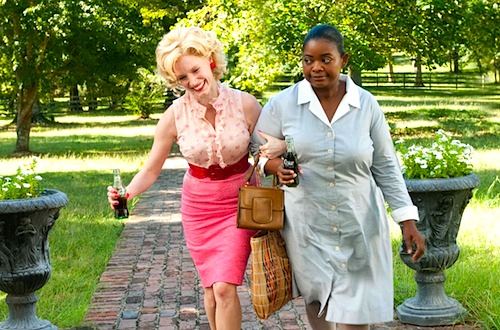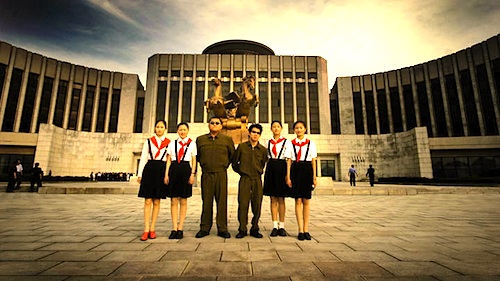
[Editor’s Note: this post appears today on the front page of The Huffington Post. Jason is very pleased to now be blogging at The Huffington Post.]
By Govindini Murty & Jason Apuzzo. Freedom is one of the most important prerequisites of artistic excellence. 2011 was distinctive for producing a number of critically acclaimed films that celebrated the history of the arts and of the cinema itself – from Martin Scorsese’s Hugo and Michel Hazanavicius’ The Artist, to Werner Herzog’s Cave of Forgotten Dreams and Woody Allen’s Midnight in Paris. Yet filmmaking never takes place in a vacuum, and these superb, literate films – which value knowledge, humanity, and civilization – are nonetheless the outgrowth of a free society, and would have had difficulty being made under circumstances of political tyranny.
It’s therefore worthwhile to celebrate the notable movies of 2011 that took the risk of advocating for democratic freedom, the political principle that makes so much film artistry possible. Some of these are foreign films created under the most difficult circumstances, while others are mainstream Hollywood productions made within the freedom of democratic society. Whether spectacular or intimate, tragic or comic, these films dramatized to audiences around the world the importance of liberty. With the revolutions of the Arab Spring, citizen protests in China, and the recent democracy demonstrations in Russia, 2011 was a remarkable year for democratic action and this year’s pro-freedom films often reflected this.
Given that many of these are foreign or independent films with multi-year releases, we thought it fair to include films that had their first theatrical or DVD release in the U.S. in 2011, or that screened in a U.S. film festival in 2011. Also, this is merely a list – not a ranking – so please consider each film on this list to have its own unique value.

1. This is Not a Film – Jafar Panahi and Mojtaba Mirtahmasb, Iran
This is Not a Film depicts in heartbreaking detail the house arrest of acclaimed Iranian filmmaker Jafar Panahi, who was accused in 2010 of making a film critical of the Iranian government. Panahi vehemently denies the charges, yet he currently faces six years in jail and a twenty-year ban on filmmaking. Nonetheless, in This is Not a Film Panahi not only documents his own house arrest, revealing how the banal details of daily confinement can crush the human spirit; he also reveals how the creative impulse can survive even the most repressive circumstances, and inspire hope.
2. The Way Back – Peter Weir, U.S.
Starring Ed Harris, Colin Farrell, Jim Sturgess, and Saoirse Ronan and directed by Peter Weir, this epic and moving film based on real events tells the story of a group of Polish, American, and Russian political prisoners who escaped from a brutal Soviet gulag in 1941 and walked 4000 miles from Siberia to India and freedom. An extraordinary paean to liberty, The Way Back‘s courageous protagonists repeatedly affirm their willingness to die in freedom rather than live out their lives in the slavery of Soviet communism. The film’s concluding montage depicting the events of the Cold War is a long overdue acknowledgment from Hollywood of how the fall of European communism freed millions of Poles, Czechs, Russians, and Eastern Europeans.

3. The Help – Tate Taylor, U.S.
The civil rights drama The Help reveals how the struggle for freedom is equally urgent when it comes to racial equality in America. With gripping performances from Viola Davis, Octavia Spencer and a powerful ensemble cast, The Help portrays the plight of African-American women who labored as house maids in the American South of the 1960s. The Help depicts the daily humiliations and injustices that grind down the human spirit and that form an ‘internal prison’ of despair that can be as destructive as any war, or act of violence. Taking place within recognizable domestic circumstances, The Help shows that our respect for civil rights in America is as important as our fight for human rights around the world.
4. Petition – Zhao Liang, China
A member of the ‘Digital Generation’ of independent Chinese documentarians, Zhao Liang depicts in Petition the Kafkaesque struggle of the Chinese people for justice from their own government. Petition follows real citizens, often poor and powerless, who travel from all across China to Beijing to petition the government for redress against local injustices. Zhao Liang goes into the petitioners’ shanty towns to hear their tragic tales of official malfeasance: unlawful imprisonment, confiscations of property, torture and death at the hands of local authorities. The petitioners wait months and sometimes years for their cases to be heard, and in the meantime eke out miserable existences in cardboard hovels on the sidewalks of Beijing. Following on Zhao Liang’s powerful Crime and Punishment, Petition is essential viewing for anyone who wishes to understand the abysmal state of human rights in communist China.

5. The Red Chapel – Mads Brügger, Denmark
In one of the bravest films in recent memory, director Mads Brügger and Danish-Korean comedians Simon Jul Jørgensen and Jacob Nossell risk their lives traveling to North Korea to tweak/punk that nation’s tyrannical communist regime. Ostensibly visiting North Korea for the purpose of putting on a Danish socialist comedy show as an ‘inter-cultural exchange,’ the filmmakers’ true purpose is to document the censorship and inhumanity of the North Korean government. Referring to the communist dictatorship as “the most heartless and brutal totalitarian state ever created,” Brügger and his comedians repeatedly make fools of the authorities in this blackly satirical, poignant and insightful documentary. All the more relevant after the demise of Kim Jong Il, The Red Chapel follows on the heels of North Korea-themed films like Kimjongilia, Yodok Stories, and The Juche Idea in illustrating how the cinema can advocate for freedom by exposing tyranny. Continue reading The Cinema of Liberty: The Top 10 Pro-Freedom Films of 2011 + LFM’s Jason Apuzzo to Blog at The Huffington Post